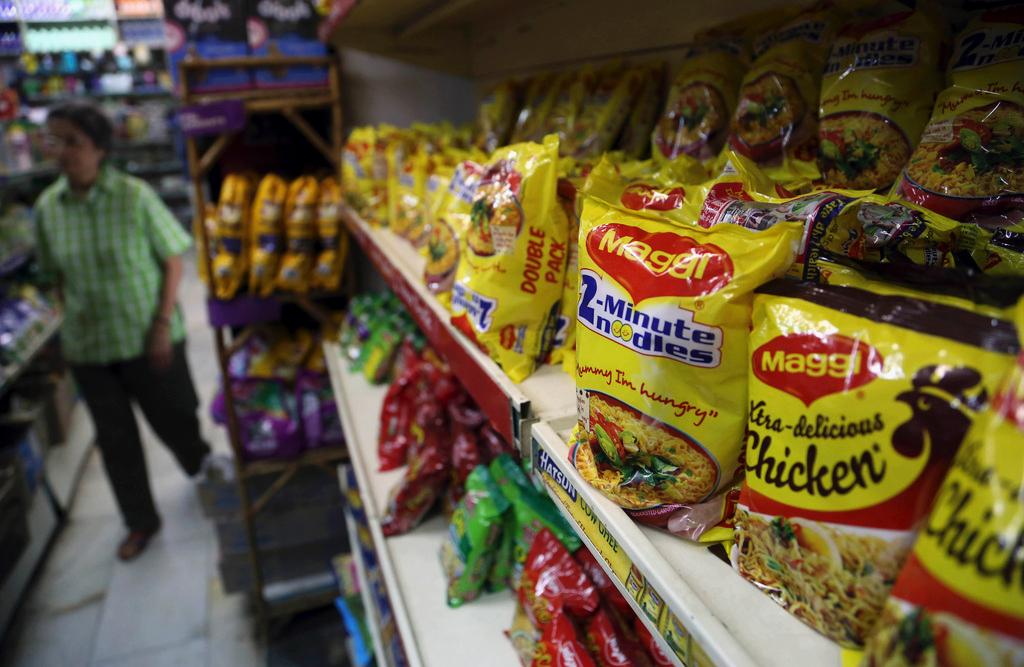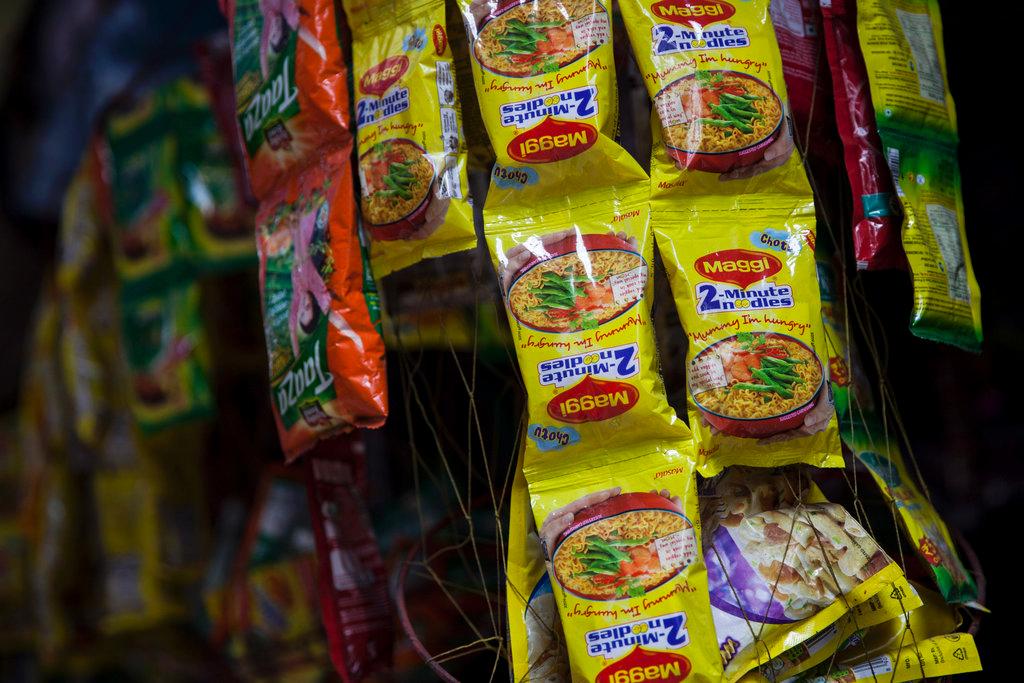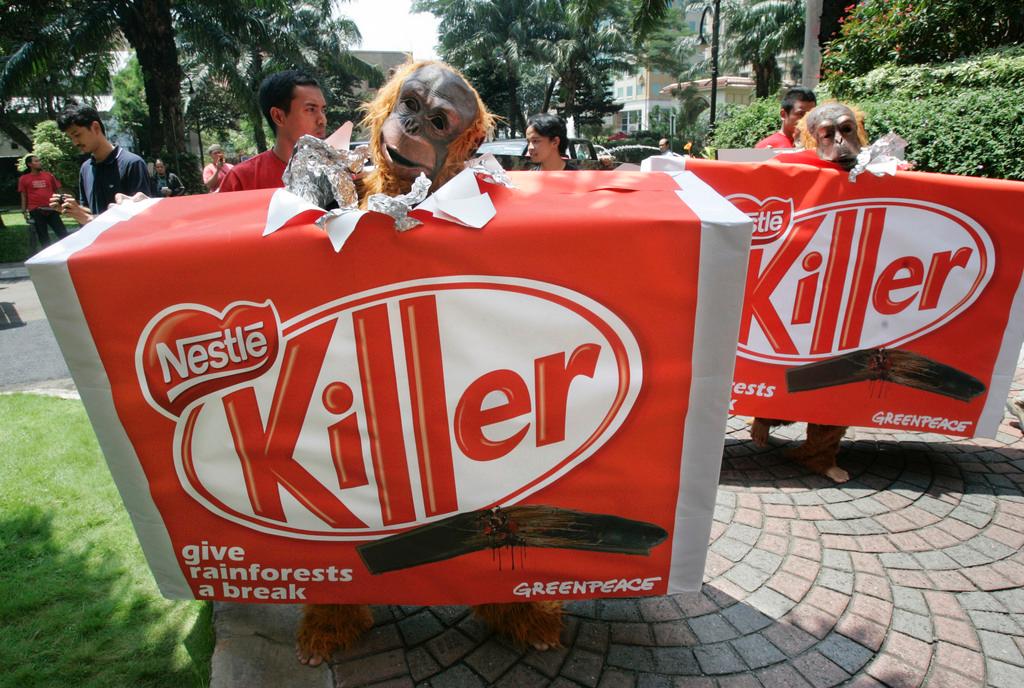Nestlé: noodle in a haystack

Talk about making a drama out of a crisis. Nestlé was slow to respond to allegations in India that its Maggi noodles contained excessive amounts of lead. It is now embroiled in an unseemly argument with regulators there over testing methodology.
The Swiss consumer goods group may have a point; tests in other countries have shown the noodles to be fine, and a court in India yesterday overturned an earlier ruling banning the company from selling them. Still, the affair has resulted in a costly product recall and lots of bad publicity, and it will affect performance so long as the noodles remain off the shelves.
But while brand consultants may be horrified by the company’s perceived belligerence, investors need not worry yet. Shares in Nestlé’s locally listed subsidiary have already recovered about half of the 33 per cent drop they initially sustained (helped by the diplomatic decision to install an Indian national as managing director, replacing a Frenchman).

More
Financial Times
External linkAt group level, the impact is heavily diluted, reducing first-half sales in the Africa and Asia division by up to 120 basis points, but knocking only 10-20 basis points off overall revenue. UBS estimates that India comprises just 2 per cent of group sales. The CHF66 million ($68 million) cost of the recall is about 1 per cent of group operating profit. The Maggi affair did not stop the company beating forecasts for revenue growth, or reaffirming its guidance for the full year. After improving margins largely through self-help in the first half, it expects to have some assistance from raw materials pricing in the second. The shares rose 3.5 per cent.
Such resilience is precisely the attraction of large consumer goods conglomerates to investors. They pay above-average multiples of earnings (22 in Nestlé’s case, against 18 for the Swiss market index) but in return expect steady revenue growth and incremental margin improvements, which in turn drive cash flow, dividend growth and share buybacks. By and large, that is what they get: a shift into emerging markets – now 44 per cent of sales at Nestlé – has kept group revenue growing. A more recent push into faster-growing health markets aims to do likewise. Non-Swiss shareholders (two-thirds of the total) have received a bonus from the strong franc. Nestlé’s crisis management may be questionable, but there appears little wrong with its capital allocation.
Copyright The Financial Times Limited 2015

In compliance with the JTI standards
More: SWI swissinfo.ch certified by the Journalism Trust Initiative



You can find an overview of ongoing debates with our journalists here . Please join us!
If you want to start a conversation about a topic raised in this article or want to report factual errors, email us at english@swissinfo.ch.